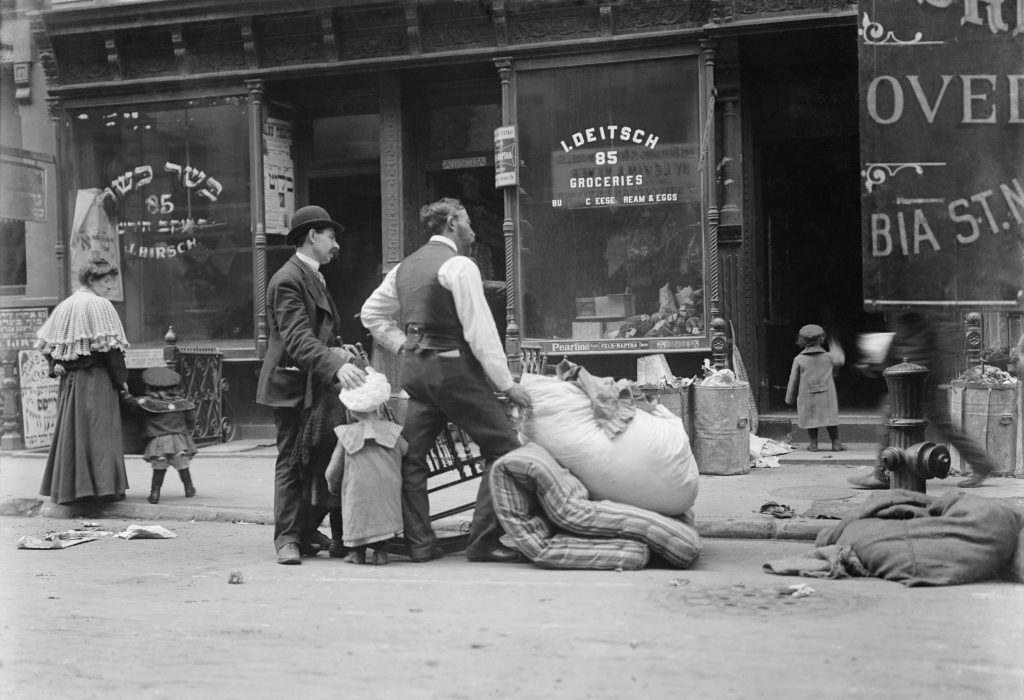If you are behind on your rent, bankruptcy may a good option for you. In many situations, Section 362 of the Bankruptcy Code (the Automatic Stay) can stop your landlord from continuing eviction proceedings. In fact, bankruptcy stops eviction in almost every case, but not all. If your landlord has obtained a writ of possession, the eviction can proceed against you despite the bankruptcy.
Bankruptcy Stops Eviction in Most Cases
If you let your rent go unpaid for too long, or you are habitually late in making rent payments, your landlord will begin proceedings against you to obtain a writ of possession, or eviction order. Some landlords proceed quickly upon default, while others will give you some time to cure.
If you owe back rent and want to repay it through a Chapter 13, bankruptcy will stop the eviction. But only if your landlord has not yet obtained an eviction order against you.
Likewise, if you need time to find a new place to live and want to discharge the back due rent in Chapter 7, bankruptcy will stop the eviction. But again, bankruptcy stops eviction only if your landlord has not yet obtained an eviction order.
If you have significant unpaid back due rent amounts, your landlord will sue you to obtain an eviction order against you. In those cases where the landlord has obtained a writ of possession, filing bankruptcy will not stop the eviction.
Eviction After Filing Bankruptcy
Once you file bankruptcy, you must remain current on your rent payments. In some cases, you may need to pay a month’s rent to the bankruptcy court. The court holds those funds in escrow while your case is being initiated. You should discuss whether this will be required with an experienced bankruptcy attorney.
If you are unable to negotiate a suitable repayment schedule for your past-due rent, your landlord will file a motion with the court to lift the automatic stay. If successful, the landlord can then attempt to obtain an eviction order, despite your bankruptcy filing.
A rental property is not a part of the renter’s bankruptcy estate and therefore cannot be used to pay the renter’s creditors. It may have significant value to the renter, and may even be essential to the renter’s income. But bankruptcy courts and the bankruptcy code generally favor landlords in cases of back due rent.
If you are fighting eviction for you primary residence, you may also want to consider finding a new place to live. Fighting eviction for an established business is a different story. Either way, sometimes the amount of the back rent you owe justifies simply vacating the property and moving to a new place. If you terminate a lease prior to the end of the lease term, the lessor may sue you for the balance of the rent due under the lease. In some cases, it makes sense to discharge the balance from a broken lease after you have vacated the property.
